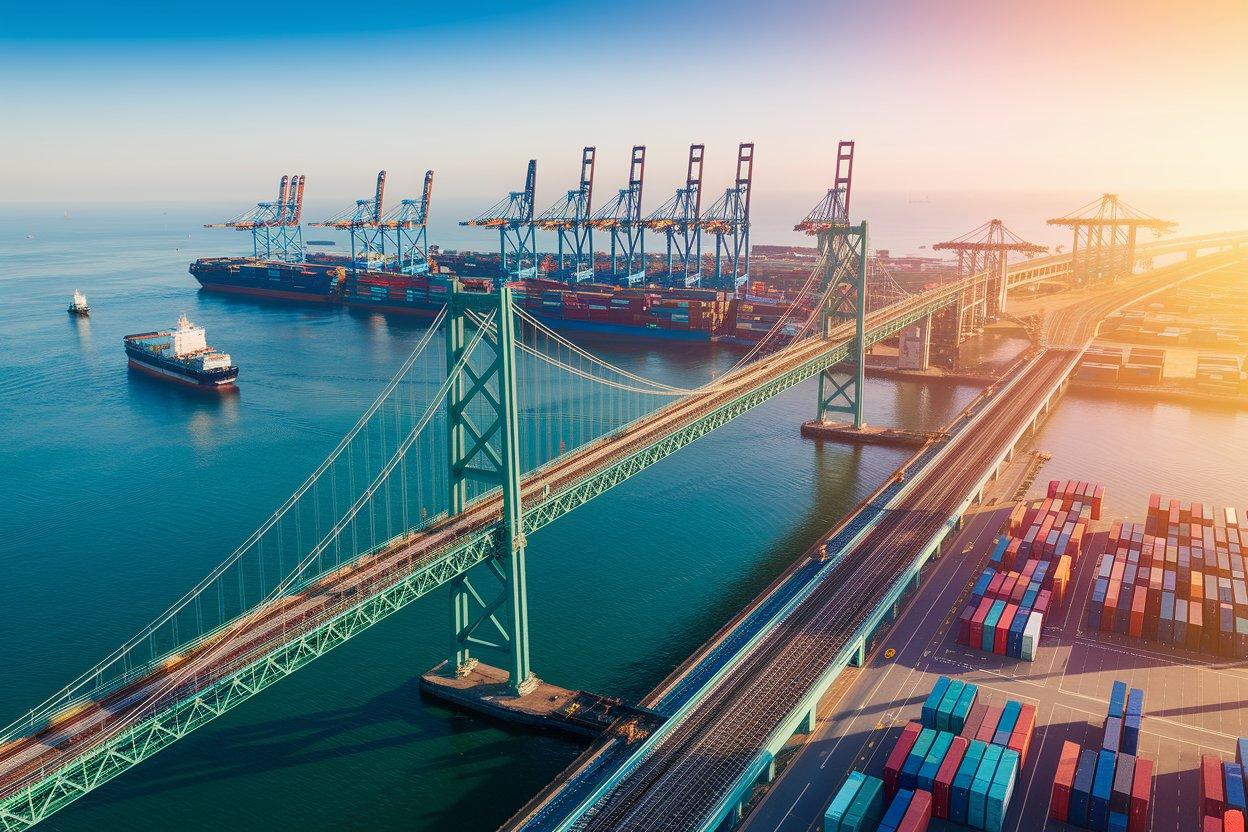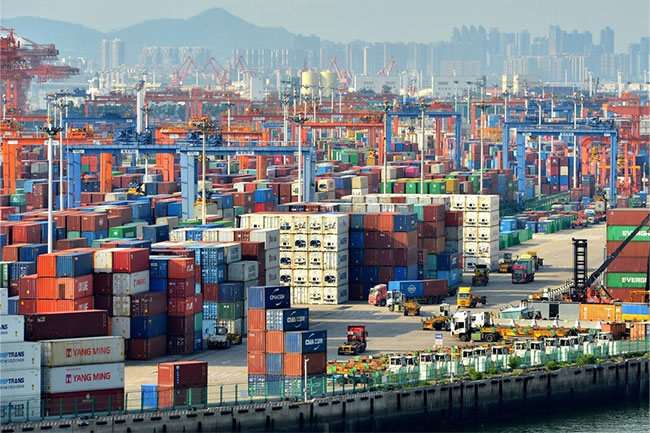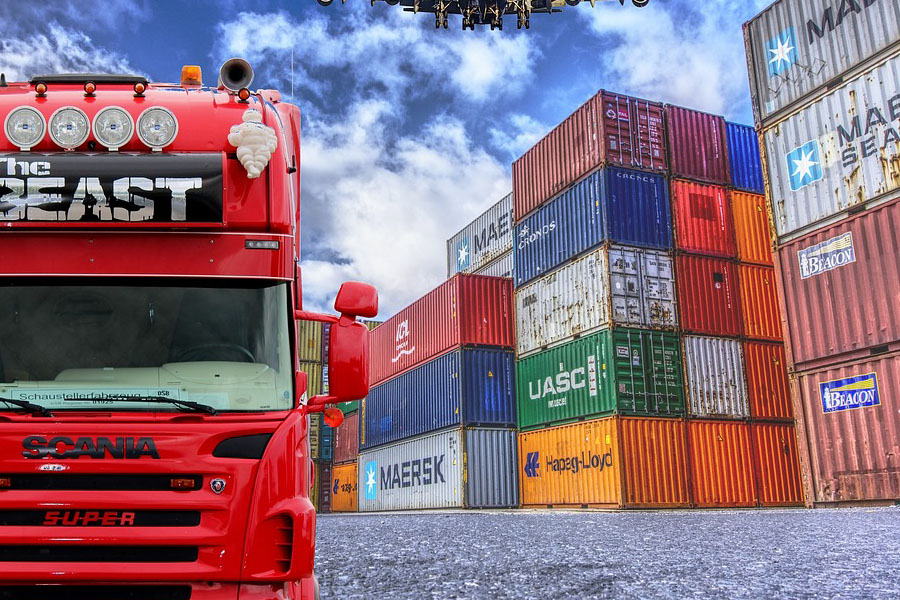- Shanghai Zhongshen International Trade Co., Ltd. - Two decades of trade agency expertise.
- Service Hotline: 139 1787 2118

Export RepresentationWhat specific tasks does the company primarily undertake?
Professional export agency services encompass four core modules:
- Trade Compliance Management
- HS Code Classification and Declaration Elements Confirmation
- It is recommended to verify through the following methods:Document review
- Export Control Commodity Qualification Review
- One-stop customs clearance services
- Customs Declaration Document Preparation and Submission
- On-site cooperation for customs inspection
- Special supervision zone cargo handling
- Cross-border logistics solutions
- Full container load (FCL)+door - to - door delivery at the port of destination;
- Hazardous Goods/Temperature-Controlled Goods Transport Coordination
- Handling of abnormal customs clearance at the port of destination
- Tax and Financial Compliance Services
- Export DrawbackDocument pre-review
- Cross-border payment foreign exchange verification and cancellation
- VAT Payment and Tax Filing
How are the export agency fees structured for 2025?
The current mainstream charging models include:
- Basic service fee: Charged per customs declaration (2025 market price: ¥300-800/declaration)
- Proportionate fee based on cargo value: Generally 0.3%-1.5% (depending on the product risk level)
- Additional service fees:
- Express customs clearance: ¥500-2000 per time
- Return shipping fee: ¥50-150 per order
- Exception Handling: Billing Based on Actual Working Hours
Special attention should be paid to the newly added items in Announcement No. 22 of the General Administration of Customs in 2025.Classification Pre-ruling Service FeeIt is recommended to confirm the fee details with the agent in advance.
How to determine whether to delegate export agency?
It is recommended to seek professional agency services under the following circumstances:
- The annual export batches exceed 20 shipments and involve multiple international markets.
- Manufacturers whose products involve3CCertification/Special Regulations Such as Food Contact Materials
- The failure rate of customs clearance at the destination port exceeds 5%.
- The export tax refund cycle exceeds 90 working days.
- Encountering AEO certification re-audit or customs inspection
What potential risks should be guarded against in the agency export model?
Recent common dispute cases reveal three major risk points:
- Risk of Document Authenticity: In 2024, a certain agent was fined 1.78 million yuan for forging a certificate of origin.
- Logistics timeliness risks: It is recommended to clearly stipulate the delay compensation clause in the contract.
- Joint tax liability: Abnormal operations of an agency company may result in obstacles to export tax rebates.
It is recommended to choose those certified by the China Customs Brokers Association.Class AAA Customs Brokerage Enterprise, and request the submission of professional liability insurance certification.
What are the key agency service details to consider for emerging market exports in 2025?
For RCEP member countries and the Middle East and Africa markets, it is recommended to focus on:
- ASEAN Rules of Origin: Application for FORM E Certificate under Cumulative Rules
- Middle East Halal Certification: Agency coordination required for Islamic Chamber of Commerce certification
- African COC Certification: Some countries require pre-shipment inspection
- Digital currency settlement: Integration of crypto payment channels in countries such as the UAE
How significant is the cost difference between self-operated exports and agency exports?
Taking an enterprise with an annual export volume of 20 million yuan as an example:
- Self-operated export costsApproximately 380,000 to 450,000 yuan (including personnel, systems, certifications, etc.)
- Agency export costApproximately 150,000 to 250,000 yuan.
- Hidden cost differences:
- The risk of late declaration fees caused by customs clearance errors is reduced by 70%.
- The tax refund processing time has been reduced by 30-45 days.
- The incidence of demurrage charges at the destination port has decreased by 60%.
Related Recommendations
? 2025. All Rights Reserved. Shanghai ICP No. 2023007705-2  PSB Record: Shanghai No.31011502009912
PSB Record: Shanghai No.31011502009912









